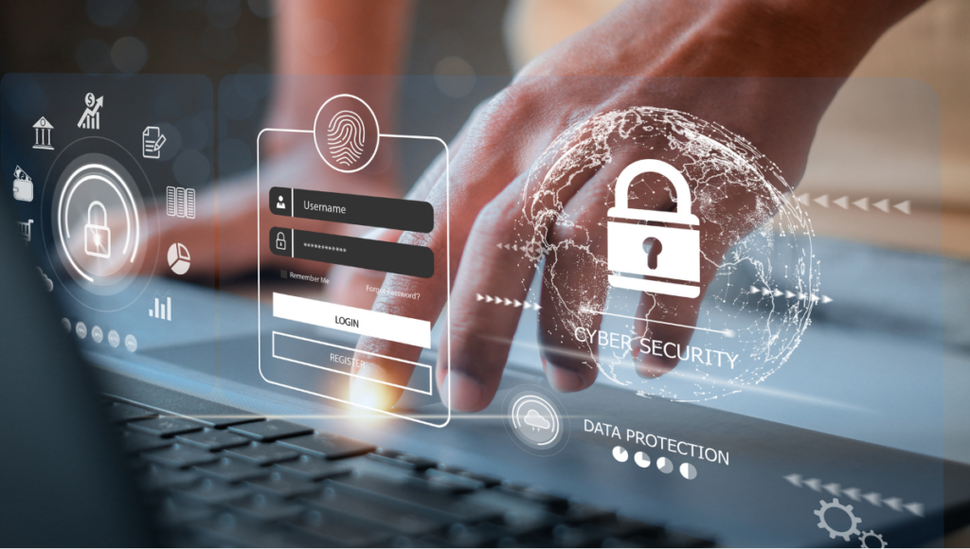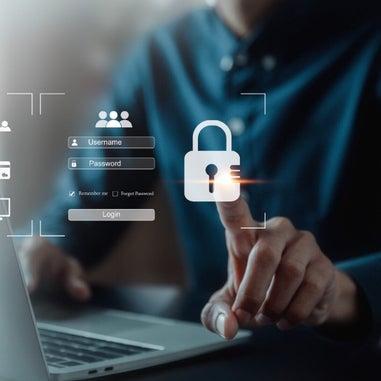
In today's fast-paced digital age, cybersecurity is no longer a luxury reserved for major corporations—it's a necessity for entrepreneurs of all sizes. From solo-run online boutiques to small family restaurants using digital POS systems, the everyday entrepreneur is increasingly at risk for cyber threats. Yet, many believe that protecting their business from cyberattacks requires a tech team or a big budget. The truth? Affordable cybersecurity is not only possible, but essential.
One of the most critical steps in cybersecurity is understanding what you're protecting. Small businesses store sensitive data such as customer information, credit card details, and employee records. Hackers know this—and often target smaller enterprises because they expect minimal defenses. A breach can lead to financial loss, identity theft, damaged reputations, and even legal consequences.
The good news is that there are low-cost and even free solutions to get your cybersecurity foundation in place. First, start with strong passwords. Avoid using the same password across multiple accounts and opt for long, complex phrases that mix letters, numbers, and symbols. Better yet, use a password manager like Bitwarden or LastPass to securely store and generate passwords for you.
Two-Factor Authentication (2FA) is another layer of protection that's easy and free to implement. Whether it's through SMS codes or authenticator apps like Google Authenticator, 2FA helps prevent unauthorized access even if someone gains your password. Make sure to enable it on email accounts, banking apps, social platforms, and cloud services.
If you operate online or store customer data, a secure Wi-Fi network is a must. Always change the default password on your router and use WPA3 encryption if available. If your business has a public network for customers, make sure it's separate from your internal network. Keeping them isolated reduces the chances of backdoor breaches through open guest channels.
Regular software updates are often overlooked but crucial. Cybercriminals exploit vulnerabilities in outdated systems. Enable automatic updates for your devices, web browsers, and software platforms. That includes your e-commerce plugins, point-of-sale systems, and even third-party apps that connect to your operations.
Another cost-effective way to boost security is by using reputable antivirus and anti-malware software. There are free versions from trusted providers like Avast, AVG, and Malwarebytes that offer solid protection for small-scale use. These tools scan and remove malicious files, prevent phishing attacks, and keep your system clean from trojans or ransomware.




Speaking of phishing, staff education is key—whether your team is large or just you and a partner. Human error is one of the leading causes of security breaches. Learn how to spot suspicious emails, avoid clicking unknown links, and never download attachments from unfamiliar sources. A few training videos or webinars can be enough to raise awareness.
Another overlooked element is regular backups. Cloud-based storage like Google Drive or Dropbox is affordable and reliable. Automate backups of essential documents, customer records, and business files weekly or even daily. In case of a ransomware attack or system crash, backups can be the difference between bouncing back and losing everything.
Firewalls and VPNs can add a vital extra layer. Many routers come with built-in firewall protection—just make sure it’s activated. For remote work or accessing sensitive data over public Wi-Fi, a VPN (Virtual Private Network) can encrypt your connection and mask your location, preventing unauthorized data interception.
If you accept payments online, ensure your website uses SSL encryption (you’ll recognize this by the “https://” prefix). SSL certificates are often included for free with domain hosting providers like Bluehost or GoDaddy. Without it, customers’ private information may be exposed during checkout.
Free cyber checkups are available from organizations like the Small Business Administration (SBA) or the Cyber Readiness Institute. These resources can guide you through simple security audits and offer action steps tailored to your business’s needs, all without the hefty price tag of a consultant.
Also, consider limiting data access. Not everyone on your team needs access to all files. Set permissions and restrictions to control what employees can view or edit. This minimizes the risk of internal leaks or accidental deletion.
Lastly, make cybersecurity a part of your regular routine—not just something you set and forget. Schedule monthly audits, review who has access to what, and stay informed about emerging threats in your industry. Like locking your doors at night, protecting your digital assets should become second nature.
In a world where a single breach can cripple even the most passionate entrepreneur’s dream, cybersecurity isn’t just a technical requirement—it’s a business survival strategy. By applying these practical, affordable measures, you can operate with more confidence and focus on what you do best: building your brand and serving your customers.


Add comment
Comments